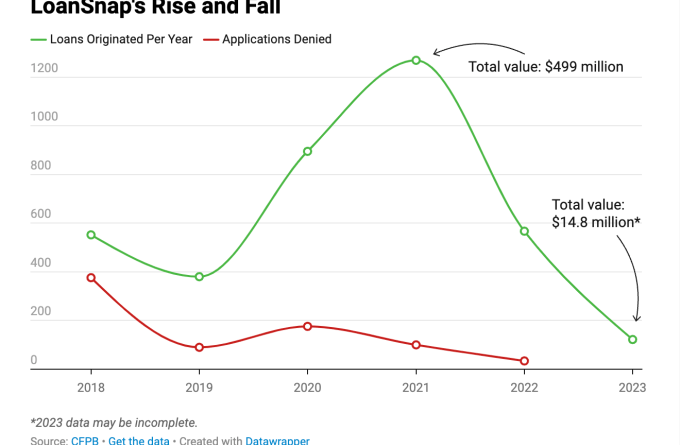There’s no doubt that global warming is here and action needs to be taken. Most of that responsibility lies with governments and companies but ordinary people need to make changes in their everyday lives. The question then becomes how do we guide people to more climate-friendly behaviors?
New research collected the results of 430 individual studies that analyzed environment-related behaviors and how they were achieved through several interventions, including financial incentives and educational campaigns.
This is according to a report by Scientific American published on Wednesday.
The study found that financial incentives and social pressure worked better at changing behaviors than did education or feedback.
In fact, the study found that overall education was “not very effective” at actually changing behaviors, told Scientific American study co-author Magnus Bergquist, a psychologist at the University of Gothenburg in Sweden. “Just knowing what’s right, or healthy, or environmentally friendly isn’t really a sufficient model for changing behaviors,” Bergquist added.
Social pressure most effective
It was social pressure that had the most significant effect on behavioral change.
“People judge their own behavior against what others are doing. There’s a strong tendency to conform to social norms,” told Scientific American Susan Joy Hassol, director of Climate Communication, a nonprofit science and outreach project.
For example, “those who know someone who has stopped flying because of climate change are more likely to curtail their own flying—and the effect is increased if it’s a high-profile person that’s stopped flying,” added Hassol, who was not involved with the new study. “This social contagion is why it’s so important to talk about the climate actions you take.”
The study did not suggest how this social pressure could be implemented consistently by governments to have the desired effect on their people. It simply indicated it was the preferred and most efficient method for getting people to change.
Financial incentives and appeals were the second and third most effective interventions.
The study was published in Proceedings of the National Academy of Sciences USA.
Study abstract:
Behavioral change is essential to mitigate climate change. To advance current knowledge, we synthesize research on interventions aiming to promote climate change mitigation behaviors in field settings. In a preregistered second-order meta-analysis, we assess the overall effect of 10 meta-analyses, incorporating a total of 430 primary studies. In addition, we assess subgroup analyses for six types of interventions, five behaviors, and three publication bias adjustments. Results showed that climate change mitigation interventions were generally effective (dunadjusted = 0.31, 95% CI [0.30, 0.32]). A follow-up analysis using only unique primary studies, adjusted for publication bias, provides a more conservative overall estimate (d = 0.18, 95% CI [0.13, 0.24]). This translates into a mean treatment effect of 7 percentage points. Furthermore, in a subsample of adequately powered large-scale interventions (n > 9,000, k = 32), the effect was adjusted downward to approximately 2 percentage points. This discrepancy might be because large-scale interventions often target nonvoluntary participants by less direct techniques (e.g., “home energy reports”) while small-scale interventions often target voluntary participants by more direct techniques (e.g., face-to-face interactions). Subgroup analyses showed that interventions based on social comparisons or financial incentives were the most effective, while education or feedback was the least effective. These results provide a comprehensive state-of-the-art summary of climate change mitigation interventions, guiding both future research and practice.






